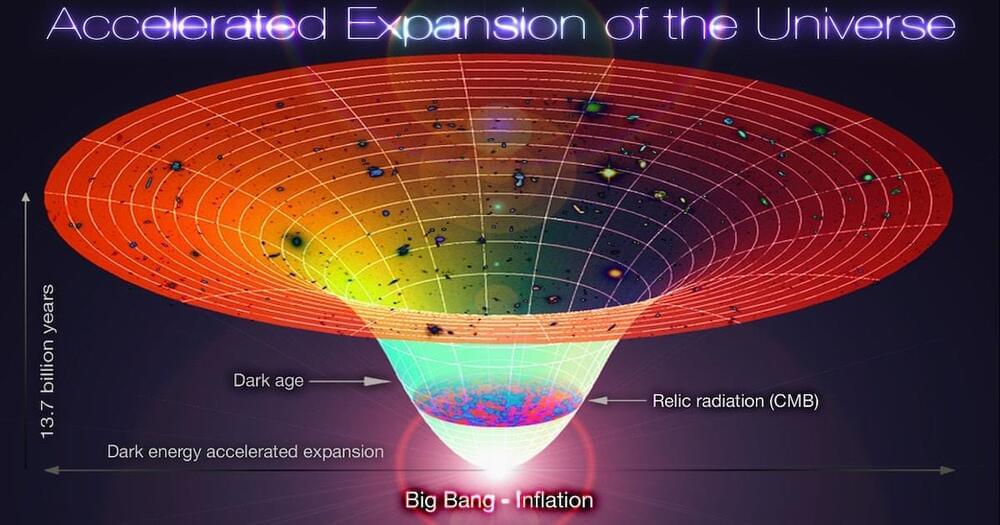This isn’t what we see. What we observe is that more distant galaxies have a dimmer surface brightness than closer ones. The amount of dimming is proportional to the amount of redshift the galaxy has. You might think this proves that all those distant galaxies are speeding away from us, but it actually doesn’t. If those distant galaxies were speeding away, you’d have two dimming effects. The red shift and the ever-increasing distance. The Tolman test predicts that in a simple expanding universe, the surface brightness of galaxies should diminish proportional to both redshift and distance. We only see the effects of redshift.
This fact has led some to propose a static universe where light spontaneously loses energy over time. It’s the so-called tired light hypothesis, and it’s very popular among big bang opponents. If the universe is static and light is tired, then the Tolman test predicts exactly what we observe. Hence no big bang.
Back in 2014, Eric Lerner et al. published a paper making exactly this point. It caused a flurry of “Big Bang Dead!” articles in the popular media. The latest claims about Webb killing the big bang began with a popular article by the same Eric Lerner. So here we are. In fairness, back in 2014, the Hubble observations supported Lerner’s claim, and so do the latest Webb observations. But what Lerner conveniently omitted from his paper is that the Hubble and Webb observations also support the LCDM model.
